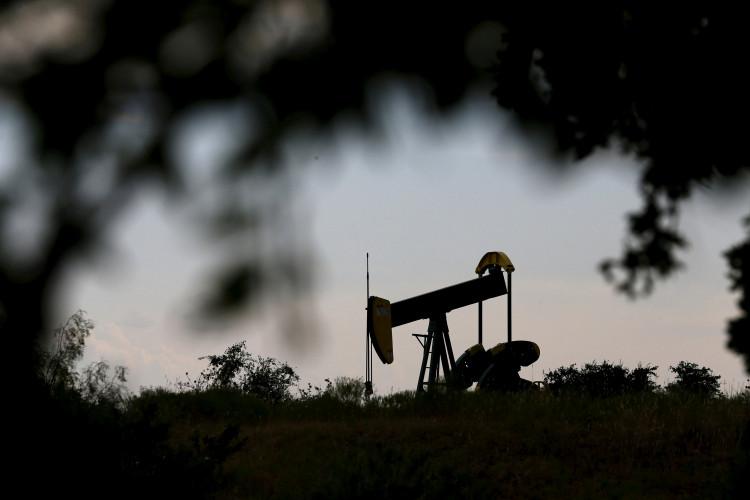Oil prices surged on Monday as a combination of escalating geopolitical tensions and a sudden halt in Libyan oil production sent shockwaves through global markets. The price of Brent crude soared by 3%, surpassing $81 per barrel, while U.S. crude futures climbed to $77.30 per barrel, marking a significant spike driven by fears of supply disruptions in key oil-producing regions.
The immediate catalyst for this price surge was the announcement by Libya's eastern-based government, which controls most of the country's oilfields, that it was halting all oil production and exports. This decision comes amid a deepening power struggle in Libya, where rival factions are vying for control over the Central Bank and the country's lucrative oil revenues. The Benghazi government, although not internationally recognized, wields significant influence over Libya's oil sector. The National Oil Corporation, based in Tripoli and backed by the internationally recognized government, has yet to confirm the shutdown, adding to the uncertainty surrounding Libya's oil output.
Analysts warn that the halt could potentially wipe out Libya's current production levels of around 1 million barrels per day, a move that could severely tighten global oil supplies. "The biggest risk for the oil market is probably a further drop in Libyan oil production due to political tensions in the country," noted Giovanni Staunovo, an analyst at Swiss bank UBS. Saxo Bank's Ole Hansen echoed these concerns, highlighting the possibility of a prolonged disruption in Libyan oil production.
Compounding the situation, the Middle East has once again become a flashpoint for conflict, this time between Israel and Hezbollah. Over the weekend, Israel launched a series of airstrikes targeting Hezbollah positions in southern Lebanon, an operation it described as a preemptive measure to thwart imminent attacks. In retaliation, Hezbollah fired more than 340 rockets at Israeli military targets, marking one of the most significant escalations since their 2006 conflict. The ongoing exchange of fire has raised fears of a broader regional conflict, which could further destabilize oil markets.
"The geopolitical risk factors in the Middle East are once again at the forefront of influencing the oil market," said Kelvin Wong, a senior market analyst at OANDA in Singapore. "Any further escalation could have a significant impact on global oil supplies, particularly if it disrupts production or transport routes in the region."
The intensifying conflict in the Middle East, combined with the sudden halt in Libyan oil production, has reignited concerns over global supply shortages. Investors are also keeping a close eye on the actions of the Organization of Petroleum Exporting Countries (OPEC) and its allies, collectively known as OPEC+, which have plans to increase output later this year. However, these plans may be complicated by the current geopolitical landscape.
"Most oil forecasters expect 2025 oil demand growth to hover around 1 million barrels per day. Were Libya to go down in another bout of civil war, the balances of 2025 could look very similar to this year's despite more Saudi and Russian production," said Viktor Katona, lead crude analyst at Kpler.
Monday's price increases follow gains made on Friday, when U.S. Federal Reserve Chair Jerome Powell hinted at the potential for interest rate cuts, a move that also bolstered bullish sentiment in the oil markets. As the week progresses, traders and analysts alike will be closely monitoring developments in both the Middle East and Libya, as any further escalation could drive oil prices even higher.






